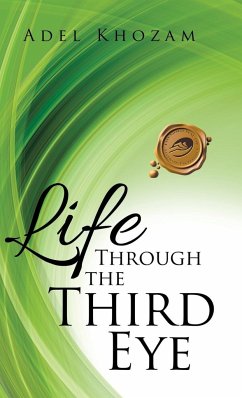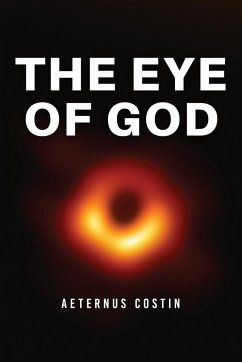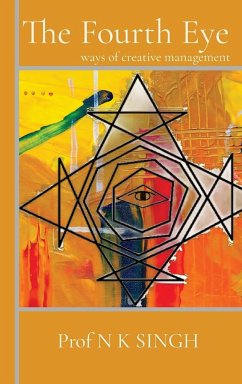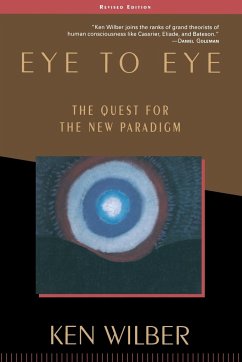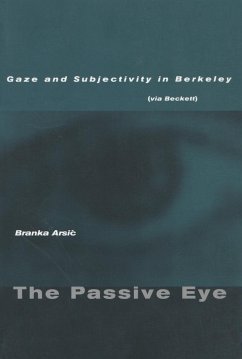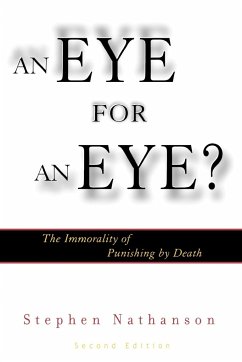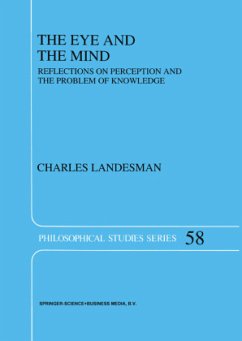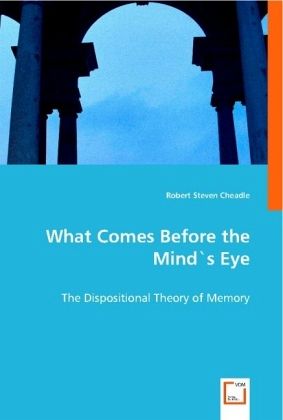
What Comes Before the Mind`s Eye
The Dispositional Theory of Memory
Versandkostenfrei!
Versandfertig in 6-10 Tagen
32,99 €
inkl. MwSt.

PAYBACK Punkte
16 °P sammeln!
This work explores philosophical accounts of memory, and develops an alternative account of memory in terms of the dispositional theory.Chapter 1 gives an overview over the two central realist theories of memory, namely Direct Realism and Indirect Realism. There, criticisms of the traditional representative and the direct realist theories are developed and evaluated, and both theories are discredited as acceptable theories of memory.Chapter 2 develops a dispositional approach to memory. There, criticisms of the traditional realist theories are replied to, and new explanations within the framew...
This work explores philosophical accounts of memory, and develops an alternative account of memory in terms of the dispositional theory.Chapter 1 gives an overview over the two central realist theories of memory, namely Direct Realism and Indirect Realism. There, criticisms of the traditional representative and the direct realist theories are developed and evaluated, and both theories are discredited as acceptable theories of memory.Chapter 2 develops a dispositional approach to memory. There, criticisms of the traditional realist theories are replied to, and new explanations within the framework of the dispositional approach are given.The concluding chapter points out epistemological consequences of the dispositional theory, in particular, whether memory proves to be a source of knowledge. It is found that all realist theories share the burden of skepticism. A solution for the skeptical problem can be found on epistemological ground by adopting an externalist view on justification. Finally, the relation of the dispositional account to the other realist theories is outlined.





